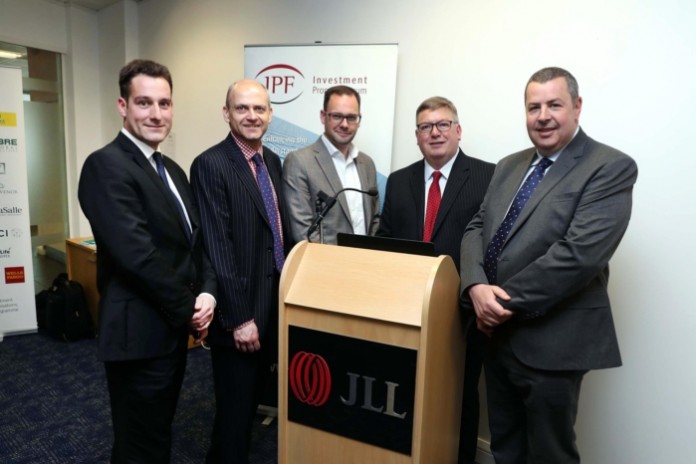
The Midlands is a hotbed for investors in student accommodation. More than a quarter of sales in the sector were completed in the region in the first quarter of 2017.
Student beds worth around £275m have changed hands, equating to 29 per cent of the total UK deals to date of almost £950m.
Last year, the Midlands accounted for 21 per cent of total UK transactions, with the regional market valued at around £700m.
Property consultants JLL revealed the statistics at an Investment Property Forum (IPF) Midlands’ seminar on the student accommodation sector.
According to JLL’s research, there is capacity for additional student product in the Midlands.
The region is home to 20 universities, across eleven towns and cities, with a total student population of 283,000.
Nearly 70 per cent of these do not have access to new purpose built accommodation, which is now favoured over private beds and outdated existing halls of residence.
Universities are also investing heavily in new facilities to attract additional students. Four of Birmingham’s five universities have £870m of planned spend. There are 3,932 student beds with planning permission across the city.
Coventry’s two universities have £1bn earmarked and there are more than 5,000 consented beds in the pipeline.
Nottingham Trent University has already invested £350m across three campuses and 970 beds have the thumbs up from the planners.
Two of the region’s cities – Northampton and Worcester – have no purpose built accommodation at all.
Philip Hillman, chairman, alternatives, at JLL, said: “There are a number of opportunities for investors and developers across the region. There’s a clamour for new purpose built stock to replace outdated stock and to provide an alternative to unsuited private accommodation.”
Nick Riley, a director of Whittam Cox Architects, was also a guest speaker at the IPF event. His firm is currently delivering more than 2,000 beds in the UK.
He said: “Students in the Midlands are now paying rents from £125 per week for a cluster flat to £200 per week for a studio.
“As a result, they are demanding not just high quality and modern fixtures and fittings, but amenity space to include media lounges, private dining areas and study space. The boundaries between university life and private student living are blurred now. The quality and specification of these buildings continues to rise.”
The IPF’s 90+ audience learned that 29 per cent of property investment in 2016 was made in sectors other than the traditional office, industrial and retail sectors. Of the alternative investment sectors – including hotels, private residential rental and healthcare – student housing is the most dominant.
David Smith, board member of the IPF, said: “JLL predicts returns of seven per cent in 2017 for alternative investments, compared to four per cent for traditional markets. As a result, more cash is expected to switch to alternatives.”
The Midlands IPF is examining other alternative markets in its 2017 seminar programme, including automotive and roadside and healthcare.





















